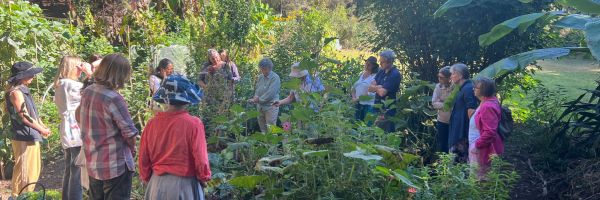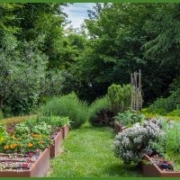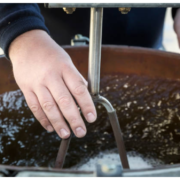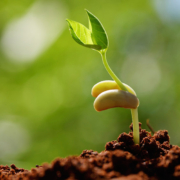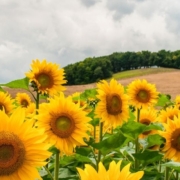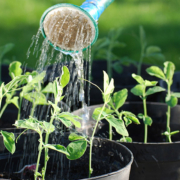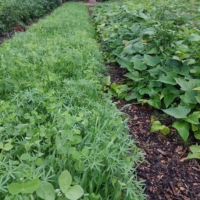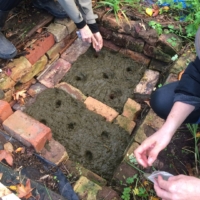The Biodynamic Journey: From Garden to Plate workshop

Thank you to Gill Bacchus, for this post:
On 15 March Titirangi Rudolf Steiner school teachers hosted a workshop that focussed on biodynamic gardening principles and how they can be practically applied in school and home gardens; preparing and eating nutritious vegetables and their health benefits.
Diane de Saint Quentin greeted 14 participants warmly and guided them on a tour of several productive gardens that harmoniously blend into extensive bush clad school grounds. “Have you ever wondered how some gardens manage to flourish even in the face of challenging conditions? she asks. As we wander through the gardens, Diane emphasises the art of observation and the importance of understanding nature as a whole ecosystem. Discussions spark among participants:
· Could these holistic methods regenerate even the most depleted soils?
· How might these principles be applied to urban home plots and container gardening?
The answers begin to reveal themselves as the group explores the orchard and the Ngahere (bush kindergarten) garden beds. The teachers and parents speak to the land’s resilience and their commitment to learning about biodynamic practices. Together, they navigate challenges such as dry summer heat, limited water, and bush terrain. These spaces prove vital for children, fostering connection to nature, inspiring curiosity, and cultivating stewardship. Attendees begin to reflect: What does it truly mean to nurture the land that sustains us? We see how biodynamics has built fertile soil and discuss how the soil and plants could be further improved such as applying preparation 501 to balance the growth from preparation 500 application.
Next, Gill Bacchus invites participants to look beyond the soil – to their relationship to plants and their food. Drawing inspiration from Rudolf Steiner’s teachings, she highlights the profound connection between plant vitality and human well-being. “What does the flavour of a tomato reveal about its nutritional life force?” she asks, offering both supermarket and biodynamic tomatoes for tasting. The contrast is striking: the biodynamic tomatoes radiate vibrancy, embodying the care and holistic practices invested in their growth. She discusses how formative forces enhanced by a biodynamic system increase plant vitality and stimulate our physical, soul and spiritual health.
As midday arrives, the enticing aroma from the outdoor kitchen draws everyone near. Kevin Helas, founder of The Wholefood Kitchen, greets the group with culinary wisdom and a simmering pot of stock. “Simple ingredients,” he explains, “yield the richest meals when treated with care and creativity.” Sharing his macrobiotic expertise, Kevin demonstrates how seasonal, foraged produce like nettle and potatoes served with sourdough bread can be transformed into nutrient-dense soup and one-pot meals bursting with flavour. The act of sharing food became- a moment to savour not just the kai but also the deep connections – to nature, to ourselves, and to the life-sustaining cycles that surround us. Kevin introduces the Māori concept of kotahitanga (unity), emphasising the profound bond between people, the whenua (land), and its abundant bounty. In this shared tasting, kai becomes an expression of gratitude and celebration, woven into a tapestry of holistic connection.
As the workshop draws to a close, teachers meet with Gill and Diane to continue their good work of embed biodynamic principles within the school. Plans emerge for more compost-making sessions and further application of biodynamic preparations.

